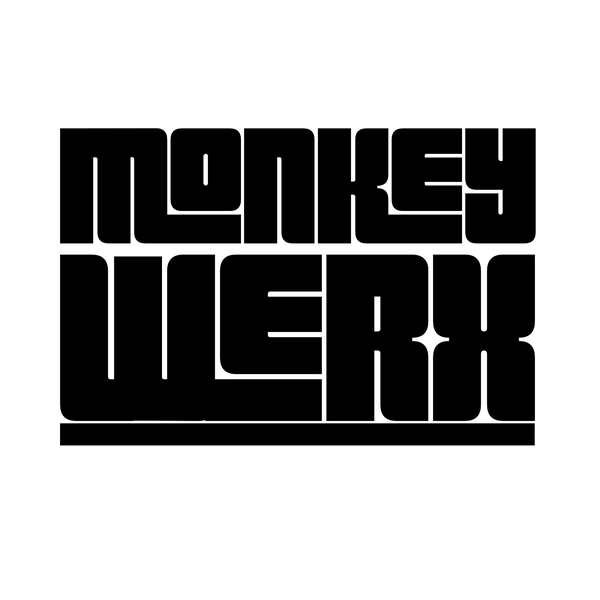In recent years, there has been increasing concern about the weaponization of the Department of Justice (DOJ) in the United States. Critics argue that political motivations have corrupted the impartiality and fairness that should define this crucial institution. To understand the gravity of these concerns, it's instructive to compare these trends with the historical weaponization of justice seen in totalitarian regimes, such as Nazi Germany's Gestapo and Stalin's Soviet Union.
The Original Role of the Department of Justice
The DOJ is tasked with enforcing federal laws, ensuring public safety, preventing and controlling crime, and seeking just punishment for those guilty of unlawful behavior. Ideally, it operates above partisan politics, serving as a guardian of the rule of law. However, when the DOJ is perceived to be influenced by political agendas, it undermines public trust and threatens the principles of democracy.
Historical Precedents: The Gestapo and Stalin’s Tactics
Nazi Germany's Gestapo
The Gestapo, or the Geheime Staatspolizei, was Nazi Germany's secret police force. Established in 1933, it operated as an instrument of terror and oppression. The Gestapo was notorious for its brutal methods, including arbitrary arrests, torture, and extrajudicial killings. Its primary function was to eliminate opposition to the Nazi regime and enforce total control over the German population.
The Gestapo's power was unchecked by any legal constraints. It acted with impunity, targeting Jews, political dissidents, intellectuals, and anyone deemed a threat to the regime. This systematic use of state power to silence and eliminate opposition was a hallmark of Nazi governance, contributing to the horrific atrocities of the Holocaust and World War II.
Stalin's Soviet Union
Similarly, under Joseph Stalin, the Soviet Union's justice system became a tool of political repression. The NKVD (People's Commissariat for Internal Affairs) and later the KGB (Committee for State Security) were instrumental in carrying out Stalin's purges during the 1930s and beyond. Millions of people were accused of being "enemies of the state," often based on flimsy or fabricated evidence.
The infamous Moscow Trials showcased the extent of this perversion of justice. High-ranking Communist Party members and military officials were subjected to show trials, coerced into confessions through torture, and subsequently executed or sent to labor camps. Stalin's regime used these tactics to instill fear, eliminate rivals, and maintain an iron grip on power.
Any of this sound familiar?
Contemporary Concerns: Parallels and Differences
Political Influence and Selective Enforcement
The DOJ, under various administrations, has shown signs of politicization, where decisions on investigations and prosecutions appear influenced by political considerations. Instances where the DOJ's actions seem to favor one political group over another or where investigations target political opponents raise alarms about the impartiality of justice. Case in point, the Russian Collusion that was fabricated by the FBI and the Democratic Party in an effort to frame then Presidential candidate Trump. This act alone would indicate that the United States DoJ and Executive Branch are following the exact path as both Russia and Germany during the 1930’s.
Erosion of Trust
The weaponization of the DOJ erodes public trust in the justice system. It also entirely circumvents the Constitution. When citizens believe that justice is not administered fairly, it undermines the very foundation of democracy and calls into question the very things our forefathers warned us about. The DOJ must be seen as an unbiased enforcer of the law, not as a tool for political retribution.
Safeguards and Accountability
The United States founders put into place institutional safeguards designed to prevent the abuse of power. The separation of powers, judicial oversight, and a free press were put into place to create overwatch on the balance of power. All of which have been compromised.
The Danger of Complacency
While the current situation in the United States seems to be mirroring the history of Nazi Germany or Stalinist Russia, it also serves as a stark reminder of the potential consequences of a justice system corrupted by politics. It underscores the importance of maintaining a vigilant and active civil society that holds institutions accountable.
We the People MUST take this government back and the intelligence community, along with the DoJ needs to be shuttered in order to bring the country back to its original purpose created by the founding fathers.
Conclusion
The weaponization of the Department of Justice and Intellegence Community is a serious concern that resonates with historical examples of state-controlled justice used to suppress opposition and maintain power. History is indeed repeating itself.

